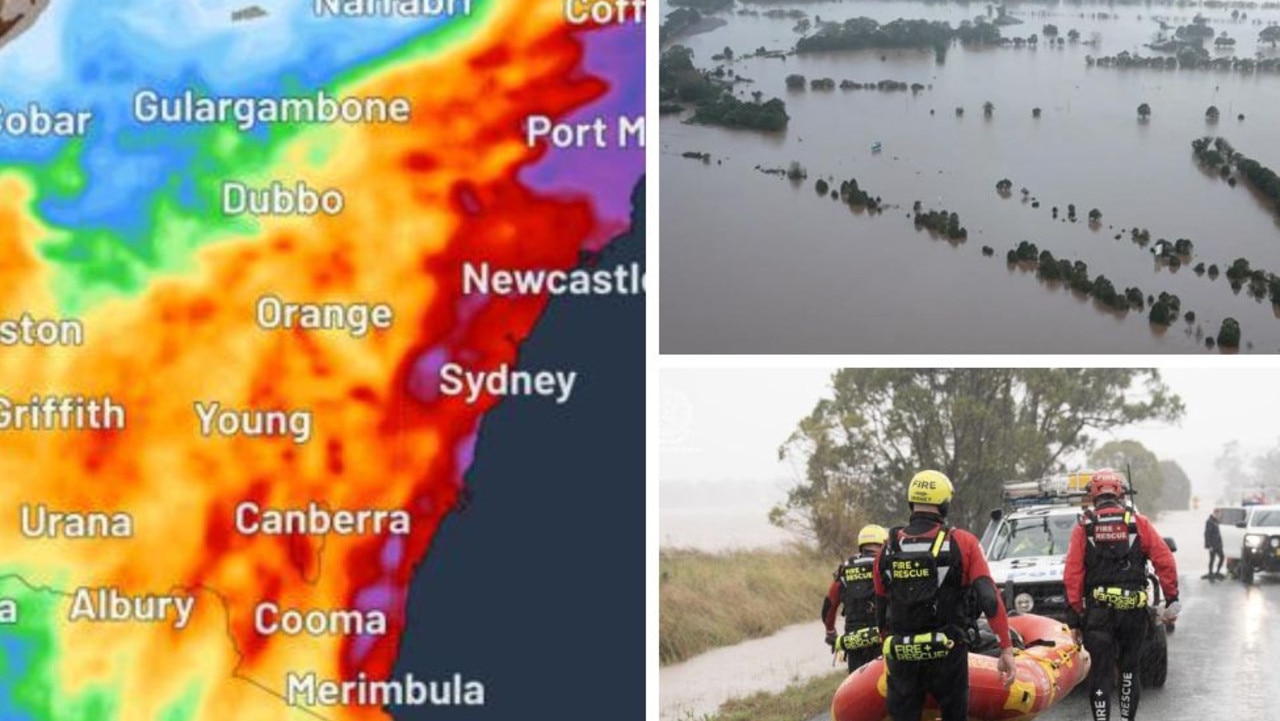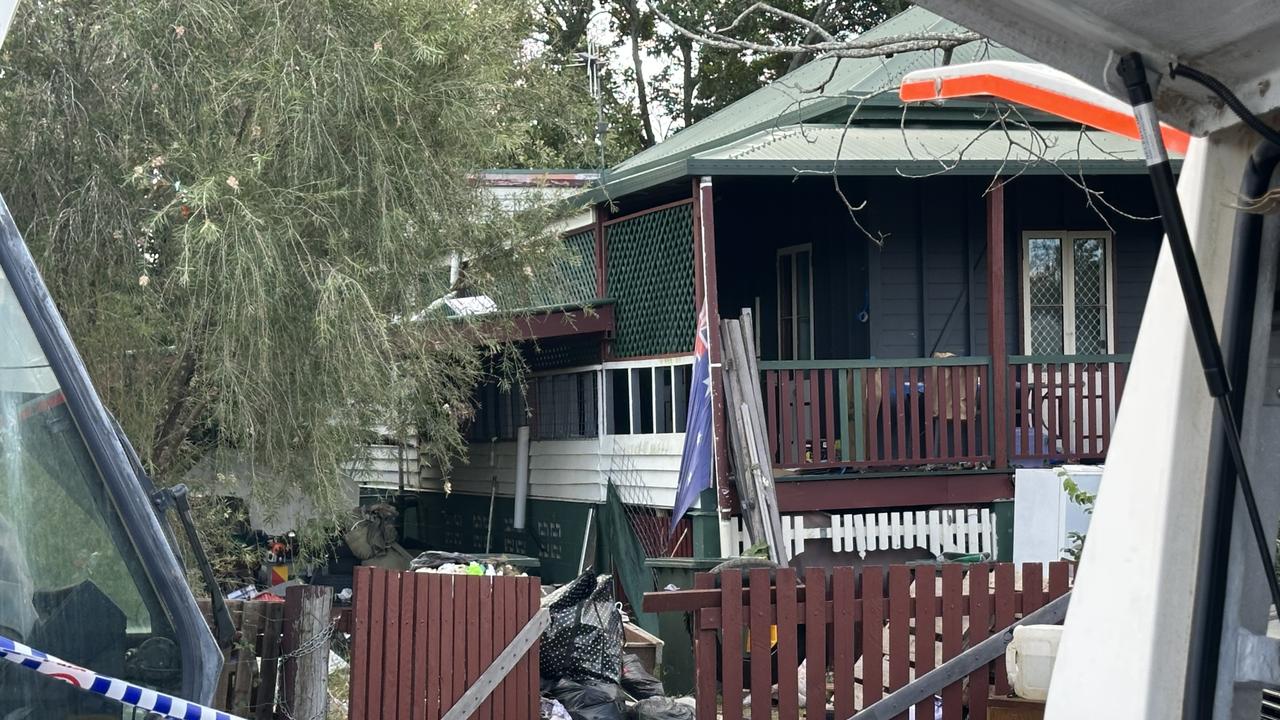Major telcos set to push up prices on cheapest NBN plans in ‘huge hit’ to struggling Aussie families
Households struggling amid a cost of living crisis are facing skyrocketing NBN prices, with even the cheapest internet plans about to face a hike.
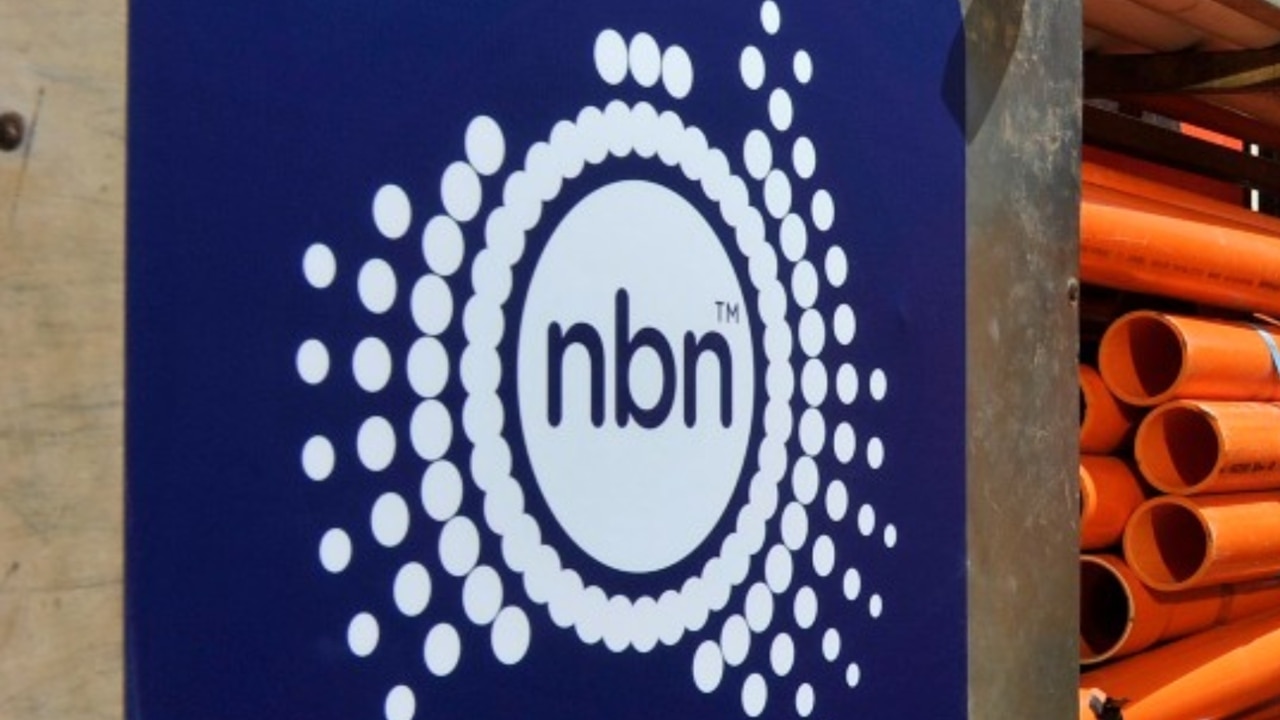
National
Don't miss out on the headlines from National. Followed categories will be added to My News.
Households struggling amid a cost of living crisis are facing skyrocketing NBN prices with hikes of up to $120 a year on internet plans compared to offers available eight months ago.
The Coalition has accused Labor of signing off on price rises “designed” to increase the lowest cost options the “most” in order to push more Australians onto faster plans and improve the nation’s average internet speeds.
From July, major telcos are expected to push up their more affordable NBN 25 Mbps plans and faster NBN 50 Mbps options by between about $5 a month, less than a year after households were hit with a similar hike and bringing the total increase to between 10 and 13 per cent since October.
Telstra is due to raise the price of its faster plan from $100 to $105 a month, while its 25 plan will rise from $85 to $89.
Aussie Broadband will push the two plans up by $4 each, bringing them to $79 and $89 respectively from July 11.
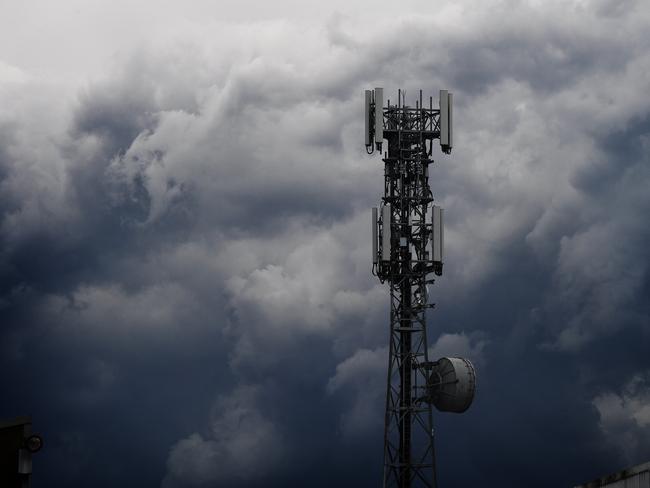
Optus is yet to formally publish its price rises but is expected to impose about a $5 increase bringing its two plans to $85 and $89.
Coalition communication spokesman David Coleman said this was “another huge hit to families” already struggling with rising costs.
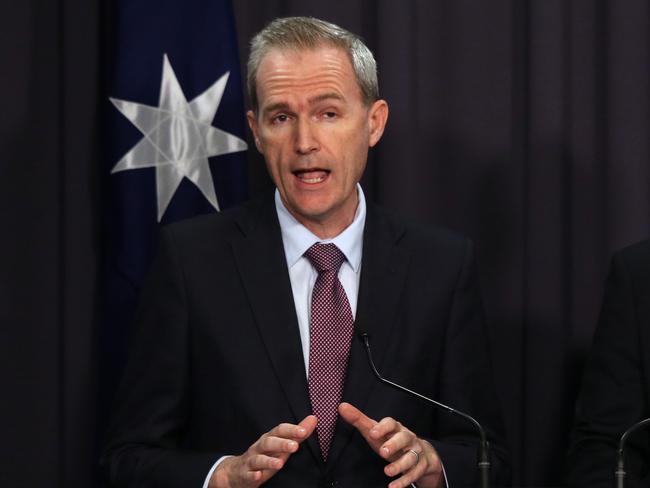
“The government backed these price rises,” he said.
“These price increases are deliberately targeted at the lowest cost plans, and will affect millions of Australian families.”
Mr Coleman said the Albanese Government could not “hide” by blaming the NBN or the Australian Competition and Consumer Commission (ACCC) for the “massive hikes”.
NBN wholesale prices are set under a process called the Special Access Undertaking, which the ACCC must agree to before it can be implemented.
Labor signed off on the prices that were ultimately passed on in October, with Communications Minister Michelle Rowland welcoming the outcome as “great news for consumers”.
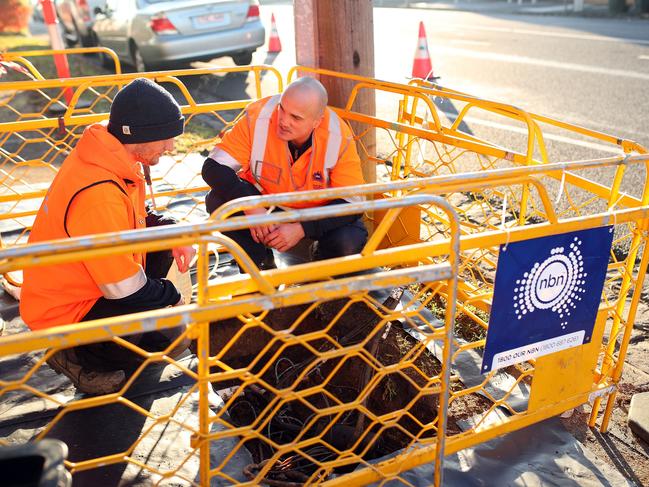
Ms Rowland has hit back at the Coalition’s criticism, arguing the wholesale prices for the two lowest cost NBN plans were “cheaper today than they were 12 months ago”.
“The Government understands that Australians are struggling with cost of living pressures, which is why we scrapped the Coalition’s NBN pricing plan that would have hiked prices by inflation plus three per cent on some products,” she said.
“Under the Coalition’s pricing plan, every single wholesale broadband product would be more expensive from 1 July 2024 than what it is now.”
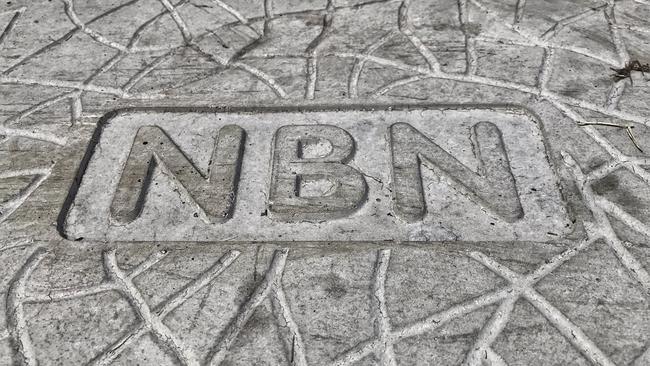
The NBN rollout has long been plagued with cost controversy, suffering a $31 billion blowout as the government is unlikely to recover all the building and maintenance costs.
When Labor swept into power in 2007, it promised to construct a “superfast” network, and pledged $4.7bn in taxpayer contributions to achieve it.
By 2009 the Labor announced it would cost taxpayers $43bn to build a full fibre to the premises broadband, while in 2013 the Coalition pledged to spend less than $30bn by repurposing some copper systems and using fibre to the node instead.
The Albanese Government pledged an extra $2.4bn over four years to the NBN, but privatising the infrastructure has been taken off the table.
More Coverage
Originally published as Major telcos set to push up prices on cheapest NBN plans in ‘huge hit’ to struggling Aussie families




